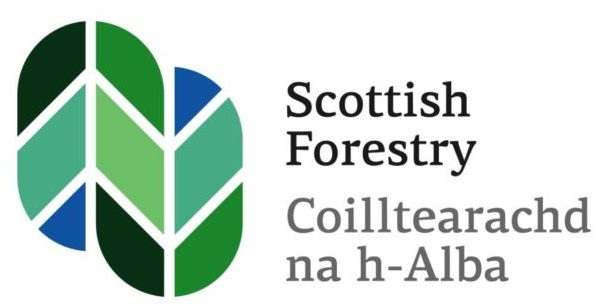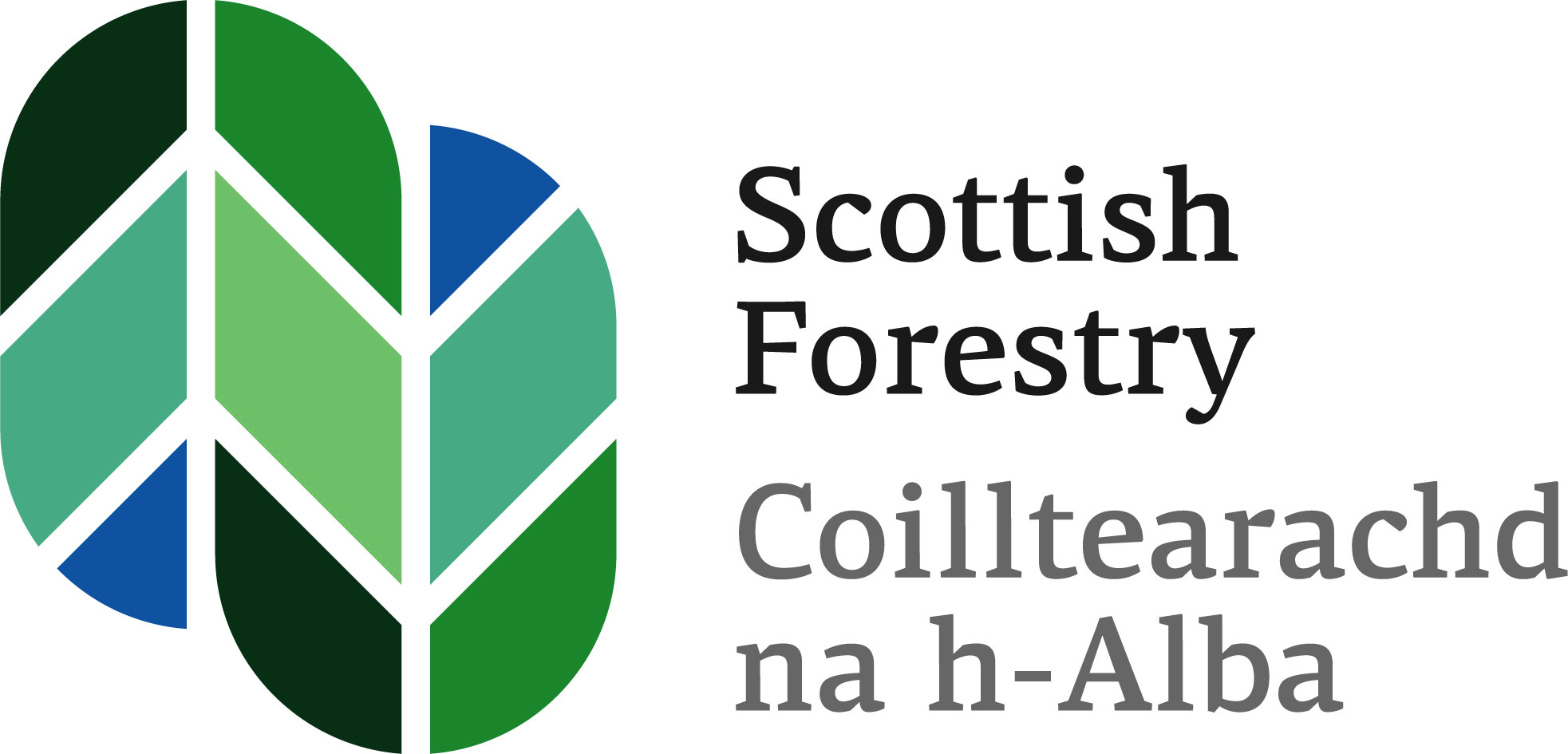Wood Fuel Quality Standards
Wood Fuel Quality Standards
Quality standards for wood fuel are used to describe the particle size characteristics and the moisture content, but they can also describe variables such as ash content, limits for contamination, calorific value, bulk density, durability and chemical composition, depending on the fuel.
Every biomass boiler will have an Emissions Certificate which will state the quality standard of fuel which should be used.
The Standards
Virtually all boiler Emission Certificates quote the EN standards for fuel, specifically BS EN ISO 17225-1, which applies to both wood chip and pellets.
Although the most familiar wood fuel standard is the Austrian ONORM standard (G30, G50, W30 etc), please note that this is actually long defunct, having been replaced by an EN Standard in 2011.
The detailed standards for each fuel:
Why They Matter
Wood fuel which is too wet will, at worst, not combust at all, or at best, reduce boiler temperatures, cause smoke and generate tar in the boiler. Wood which is too dry can elevate combustion temperatures causing clinker formation. The wrong particle size, or size distribution, will cause feeding problems. Biomass boilers must be commissioned with the standard of fuel that they will continue to operate with. Variations in the specification of delivered loads (especially moisture content) affect boiler combustion and can increase fuel use or reduce heat outputs.
RHI payments require that the standard of fuel used in a boiler must match those stated on the Emission Certificate for that boiler.
How do you know if your supplier is producing wood fuel to the correct standard?
The best way is to buy from a supplier that is certified, that is where an independent body has checked that the supplier is producing wood fuel to the defined standards.
- The Woodsure Certification scheme checks wood fuel producers to ensure that they produce and supply woodfuel to the correct standard. Woodsure Certification tests the products to the relevant standards for wood fuel quality. Woodsure carry out regular inspections of suppliers sites, fuel and business processes as part of their accreditation process.
- The ENplus scheme certifies that pellet producers and traders meet BS EN ISO 17225-2. The UK Pellet Council has a list of ENplus certified suppliers.
- The Biomass Suppliers List is a list of certified suppliers that meet the eligibility requirements of the Renewable Heat Inventive (RHI). While not a mark of quality on its own, it recognises EnPlus and Woodsure schemes.
Wood Chip Quality Standards
Quality standards for naturally and mechanically dried wood chip and why they are important.
Quality Standards for Wood Pellets
Links to the quality standards for wood pellets and why you need to know about them.
Standards for Recycled Wood
Information on recycled wood grading.






